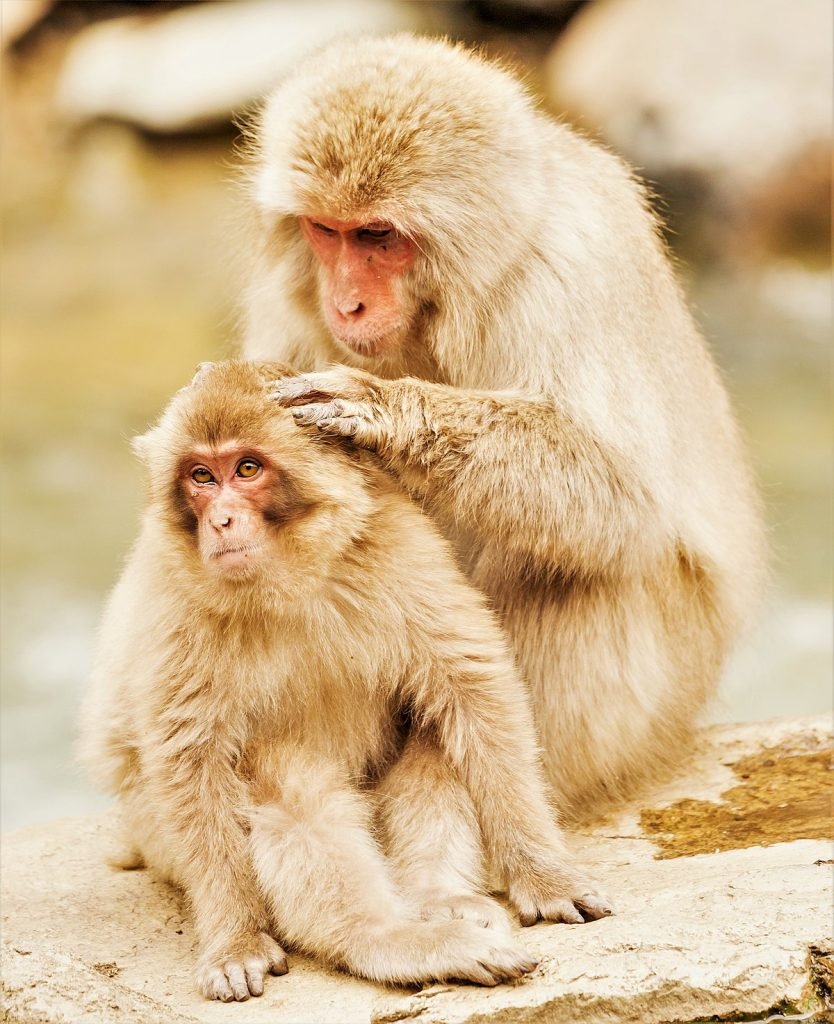
The population of monkeys has increased at an alarming rate during the last few decades. India had 50 million monkeys at last count, resulting in their migration from forest areas to towns and cities and to cultivated areas. There is no centralized data bank on monkey raids in the country.
As per official and media reports, 20 states/UTs have reported significant crop damage due to monkey attacks. In 2018, about 250 villages in Jammu reported loss of agricultural produce of Rs. 33 crores due to the invasion of wild monkeys.
Crops damaged by monkeys are a matter of serious concern. Monkeys like a wide range of food, including roots, shoots, leaves, fruit even grass. Due to the huge army of apes, a large part of the agricultural land has become barren.
The gross cropped area of Jammu division is 7.48 lakh hectare, out of which 0.335 lakh hectare area is affected by monkey menace, affecting 81298 farmer families covering 1590 villages, causing economic loss ranging from 15 to 40%, Due to which farmers are forced to give up agricultural activities. and want to migrate to cities and other areas to earn their livelihood due to adversely affected agricultural economy.
Monkeys also cause considerable damage to fruit crops like Mango, Guava, Grapes, Citrus fruits, Litchi, Pear, Peach, Plum, Apricot etc. in large area of the Union Territory, resulting in great loss to the gardeners. It is observed that the incidence rate is higher during morning and evening.
In addition, the migration of monkeys has resulted in a decline in the seed dispersal of wild plants in the forest area, which may endanger some forest plant species. Even monkeys cannot be killed because of religious sentiments.
Follow these simple tips to prevent monkeys from entering your habitat.
Many residents are plagued by the killing of the monkeys and would like to discourage them from playing with their properties without harming them.
Follow these simple tips to prevent monkeys from entering your habitat.
Don’t feed monkeys. If the monkeys find the feed, they will come back in search of more food.
- Course of Action A:
- Use completely safe bins. Food readily available in garbage areas will encourage monkeys to enter residential areas and even homes.
- Pick fruit from your trees. If this is a frequent problem, consider whether you should continue cultivating fruit trees. If you are growing vegetables in the ground, be sure to cover them with a sturdy wire mesh designed to resist primates.
- Monkey-proof your home. Cover your windows with mesh. Installing a window sill and keeping food out of sight will discourage curious monkeys.
- Avoid using plastic bags. Monkeys are curious and snatch plastic bags that contain food and feed via garbage bags.
- spread the word. If you secure the cans, close the windows, and don’t feed the monkeys, but other people aren’t so cautious, the problem won’t be solved. Be sure to talk to your neighbors and explain that discouraging monkeys is the most effective way to deal with the problem.
- Course of Action B:
- Scare them. Keep a few large sticks, a hose, or any other water spraying device handy. If you see a monkey, you can scare it without harming it.
- Build an electric fence. There is evidence that electric fences are effective at deterring monkeys and are unlikely to harm animals if done correctly, but you will need expert help for this.
- Deploy an electronic sound repellent. These devices are used in places where a lot of people visit and it is difficult to ensure that no garbage or food waste is left for the monkeys in the area.

